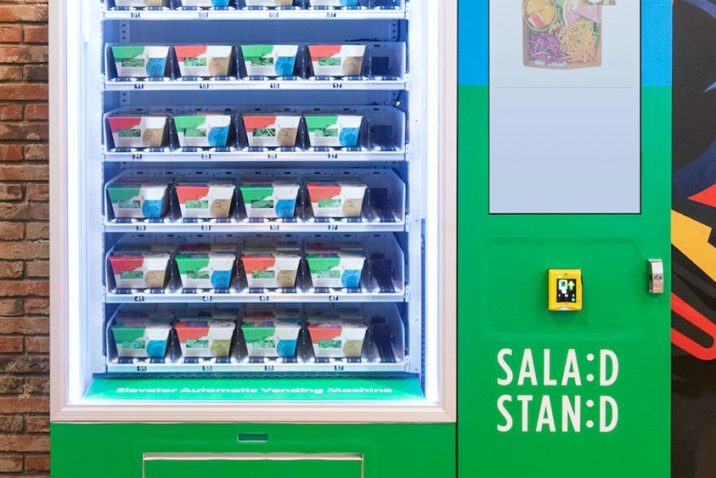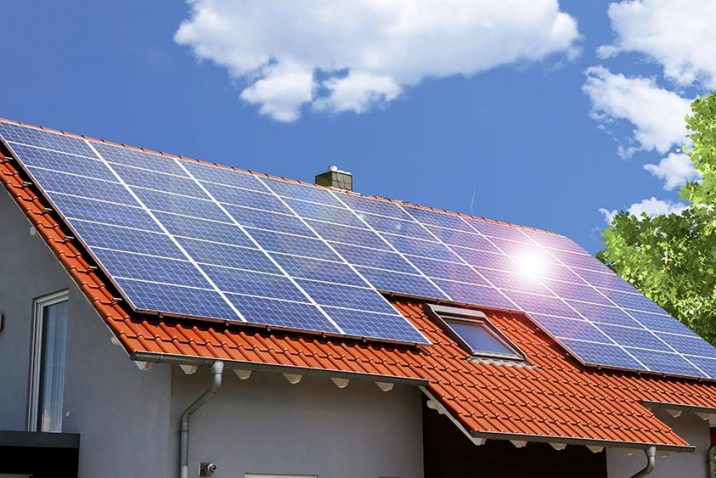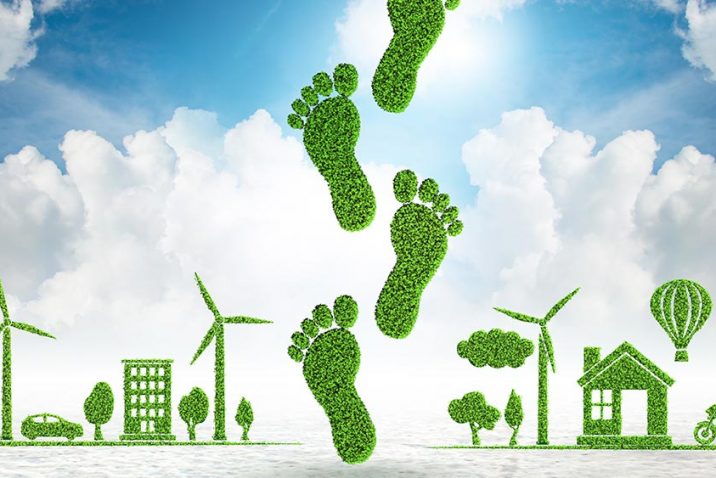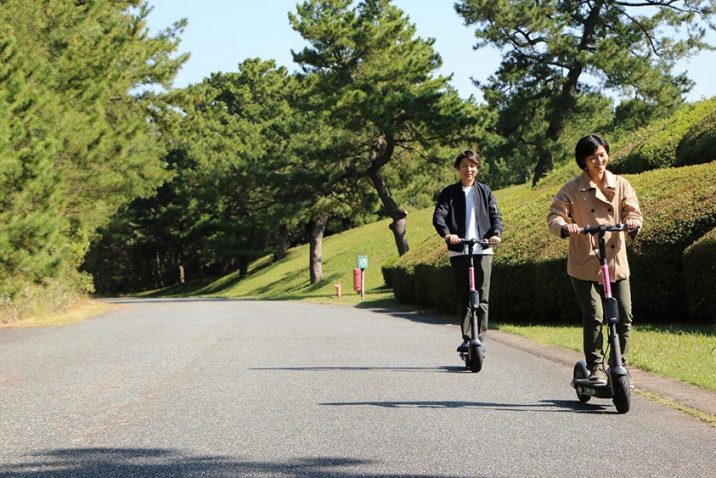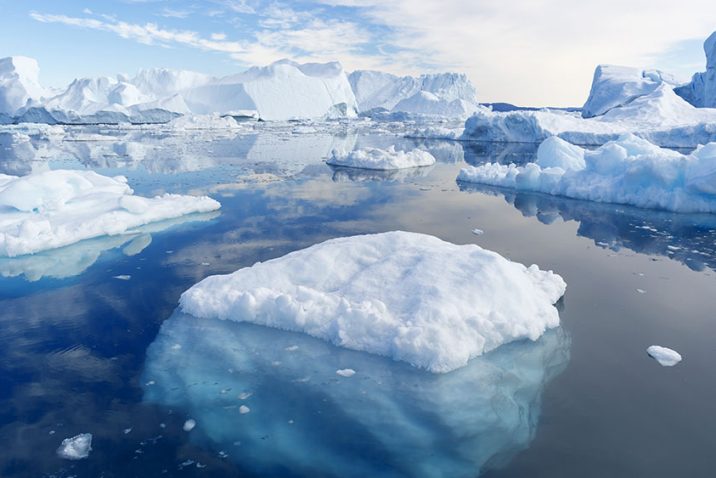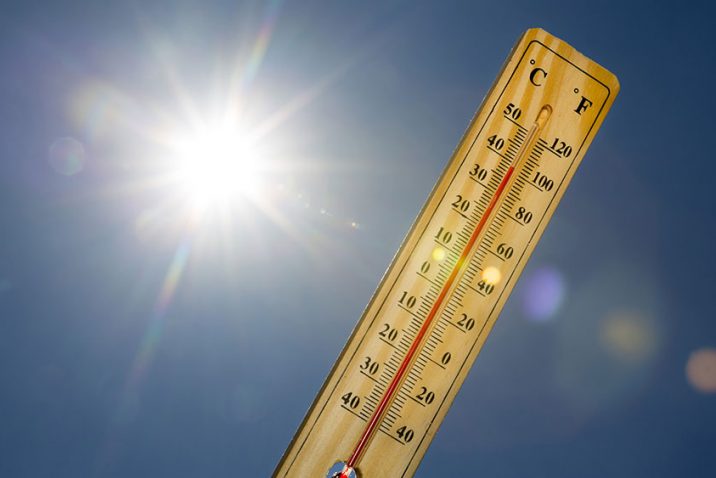The popular vending machines in Japan has found another purpose. Today in Tokyo, there is a “SALAD STAND” vending machine that sells salads 24 hours a day. It is developed by KOMPEITO Inc. in Tokyo’s Shibuya district, which...
Carbon dioxide is generated through the burning of fossil fuels such as coal, natural gas and oil. Given the enormous negative environmental impact of carbon dioxide on Earth, the significant development of solar and other renewable energy sources...
Air travel is one of the most carbon-intensive activities and emits a lot of carbon dioxide into the atmosphere. One flight from the United States to Asia can produce as much as five metric tons of carbon dioxide, as well as other greenhouse gasses...
A carbon footprint refers to the amount of carbon dioxide and other greenhouse gas emissions generated by human activity. It is also one of the primary indicators used to understand one’s impact on global warming. Using the carbon footprint...
Spatial design brand parkERs’ original soil, parkERs soil, is a recipient of the 2020 Good Design Award. parkERs soil is upcycled potting soil made from the reuse of discarded raw materials. This sustainable soil is made of coconut fiber...
Japan is not known as an easy place to be vegan or vegetarian. While Japanese cuisine is healthy overall, it often uses animal products and some Japanese are confused about what a plant-based diet truly means. There are some exceptions, however...
Electric kickboard scooters are rapidly becoming popular as a form of environmentally less impactful transportation, especially in European countries and the United States. However, in Japan, strict road traffic regulations have prevented them from...
A movement that protests sexual violence against women has spread across Japan. It is called Flower Demo (short for Flower Demonstrations) because protestors bring a flower with them as a symbol of empathy toward victims. Its meetings create a place...
In the Arctic, sea ice melts during the summer, but the winter snow helps it freeze back, replenishing the ice that’s lost. However, because of on-going rising temperatures due to anthropogenic greenhouse gas emissions, glaciers are melting at a...
According to a report by IPCC, the globe is expected to experience a 1.5-degree temperature rise by 2040, relative to the pre-industrial period. Given that the global temperature is currently 1-degree warmer than the pre-industrial level, this 0.5...


